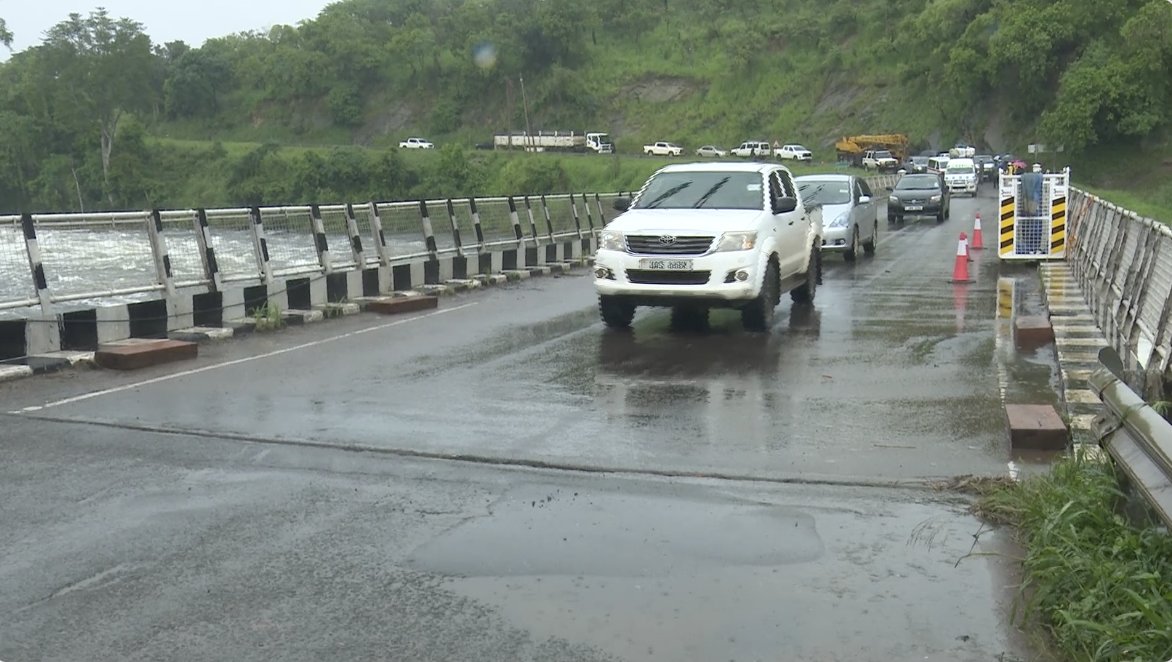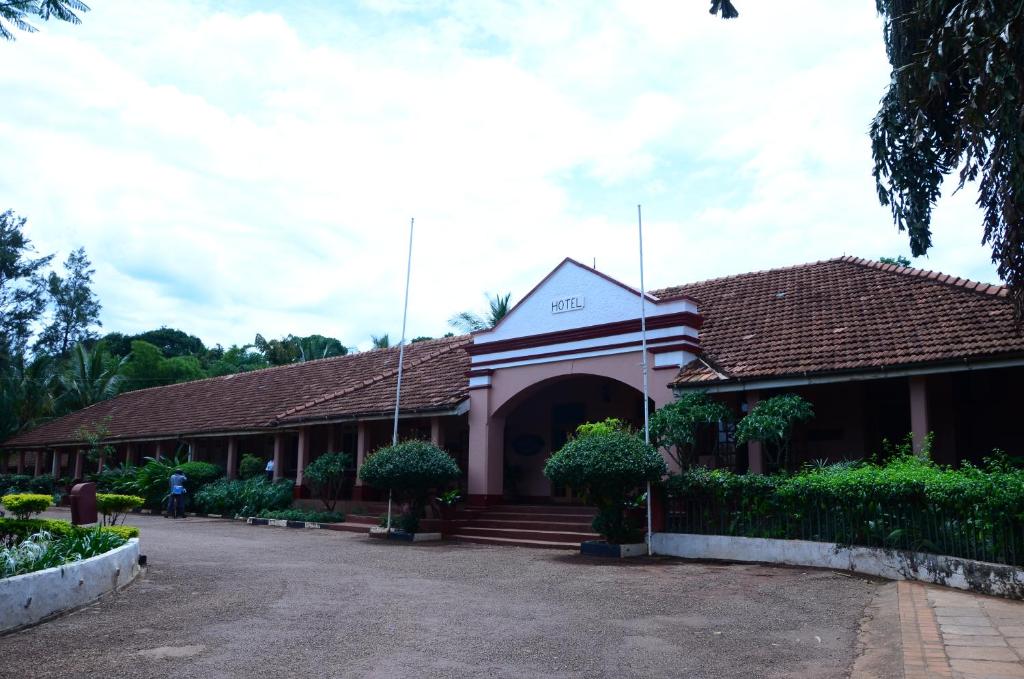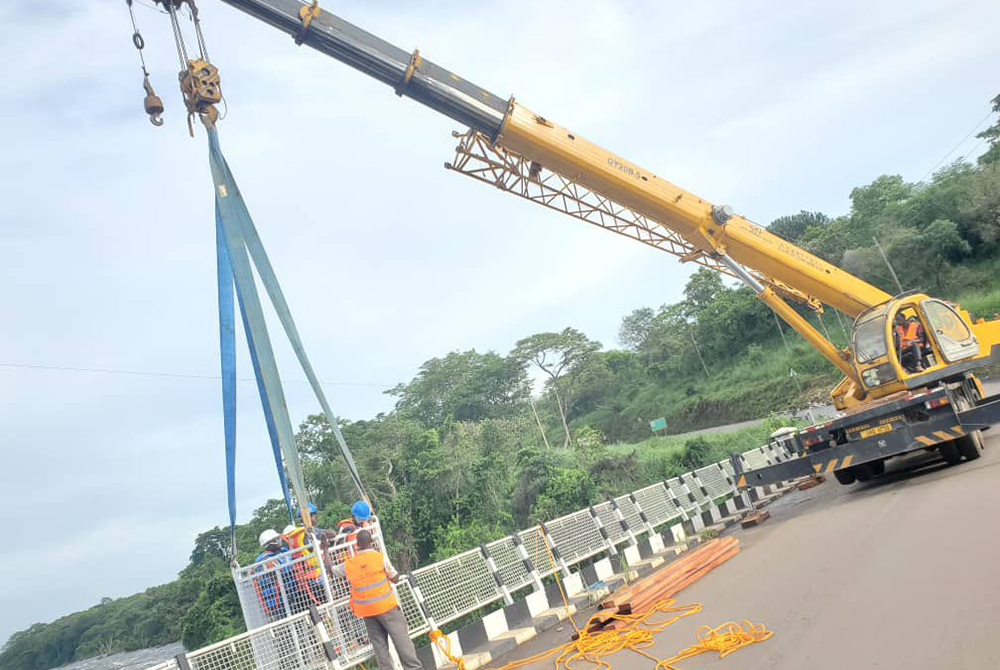Members of Parliament have voiced their concerns about the implications of restricted access to the Karuma Bridge, which is currently compromised. This bridge, spanning the River Nile and connecting the North and West Nile regions to the rest of the country, has developed cracks. As a result, the Uganda National Roads Authority has limited crossing to only passenger vehicles with a maximum of 28 passengers.
During a plenary sitting on Monday, May 6, 2024, Speaker Anita Among prompted the Uganda National Roads Authority to hasten the construction works at the bridge. MPs expressed worries that the traffic restrictions and diversions would significantly impact trade, livelihoods, and various other aspects. They called upon the Minister for Works and Transport to provide clarification.
Alternative routes, such as the one through Murchison National Park, were also deemed problematic by the members. This route, though available, has restrictions, including specific travel times from 7:00 am to 7:00 pm. Concerns were raised about the increased costs of doing business, particularly for those involved in cross-border trade.
Some MPs highlighted specific challenges faced by their constituents. Dicksons Kateshumbwa from Sheema Municipality noted the potential doubling of bus fares from Obongi to Kampala, which would burden West Nile residents. Jesca Ababiku, the Adjumani District Woman MP, recounted delays at the bridge and emphasized the need for timely information provision.
Jonathan Odur, representing Erute County South, expressed apprehension about the reliability of alternative routes, such as the one through Port Masindi, due to ferry breakdowns. He urged the government to address this by providing additional ferries and increasing their frequency.
Moreover, there was a broader concern among MPs about the state of various bridges nationwide, especially considering the looming threat of floods and landslides. Several MPs recounted instances of bridges collapsing in their constituencies due to heavy rains.
Parliament called for a clear disaster management plan for the country. Joel Ssenyonyi, the Leader of the Opposition, questioned the whereabouts of the Disaster Preparedness and Management Commission and inquired about the status of the Disaster Management Bill proposed in 2018.
In response, Minister of State for Disaster Preparedness, Relief, and Refugees, Lillian Aber, acknowledged the financial constraints limiting the ministry’s ability to respond to all disasters adequately. She highlighted the increasing requests for assistance from various districts and emphasized the potential hazards posed by heavy rains, including transport disruptions and damage to infrastructure like schools. Aber appealed to the House for financial support to enhance disaster response capabilities.




















